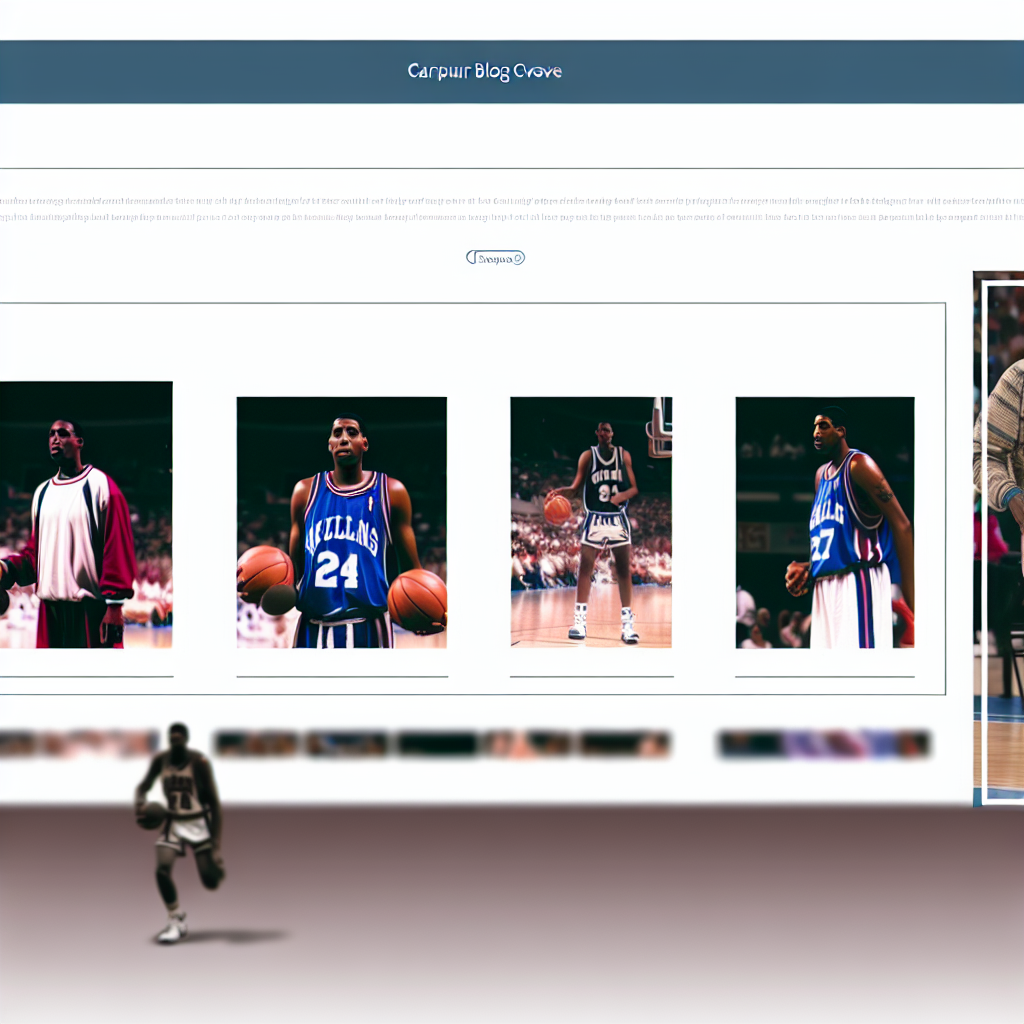
Karl Malone, often hailed as one of the greatest power forwards in NBA history, earned the nickname “the Mailman” for his consistent delivery on the court. From his humble beginnings in rural Louisiana to becoming a two-time MVP and 14-time All-Star, Malone’s journey is a testament to hard work and resilience. This article delves into his early life, illustrious NBA career, and enduring legacy, offering insights into the man who scored over 36,000 points and left an indelible mark on basketball.
Early Life and Rise to College Stardom
Born on July 24, 1963, in Summerfield, Louisiana, Karl Anthony Malone was the youngest of nine children raised by his single mother, Shirley, on a family farm. Life was far from easy; Malone spent his childhood chopping trees, hunting, fishing, and helping with farm chores, which instilled in him a relentless work ethic that would define his basketball career. Tragedy struck early when his father, Shedrick Hay, committed suicide when Karl was just 14, a fact Malone kept private until 1994. Despite these hardships, he excelled at Summerfield High School, leading his team to three consecutive Louisiana Class C titles from 1979 to 1981.
Recruited by several colleges, Malone chose Louisiana Tech University for its proximity to home. However, academic challenges delayed his freshman eligibility, so he redshirted his first year. Under coach Andy Russo, Malone blossomed, averaging 18.7 points and 9.3 rebounds per game in his sophomore season. By his junior year, he propelled the Bulldogs to a 29-3 record, clinching the Southland Conference title and advancing to the NCAA Sweet 16—the program’s first tournament appearance. Malone’s three seasons at Louisiana Tech earned him All-Southland honors each year, showcasing his raw power, rebounding prowess, and scoring ability that would soon translate to the professional level.
NBA Career: Dominance with the Utah Jazz and Beyond
Drafted 13th overall by the Utah Jazz in 1985, Malone quickly proved doubters wrong who thought he might slip further in the draft. Paired with point guard John Stockton, he formed one of the most iconic duos in NBA history, revolutionizing pick-and-roll plays. Over 18 seasons with the Jazz, Malone amassed 36,928 career points—third all-time behind LeBron James and Kareem Abdul-Jabbar—while holding records for most free throws made and attempted. His physical style, durability, and consistency earned him 14 All-Star selections, 11 consecutive All-NBA First Team nods, and two MVP awards in 1997 and 1999.
Malone led the Jazz to the playoffs every year of his career, including back-to-back NBA Finals appearances in 1997 and 1998, though they fell short against Michael Jordan’s Chicago Bulls. In 2003, seeking a championship, he joined the Los Angeles Lakers for his final season, reaching the Finals again but losing to the Detroit Pistons. Beyond the NBA, Malone’s international success included gold medals with the U.S. Olympic teams in 1992 and 1996, solidifying his global impact.
Legacy and Life After Basketball
Retiring in 2004, Malone’s legacy extends beyond statistics; he was named to the NBA’s 50th and 75th Anniversary Teams and inducted into the Naismith Memorial Basketball Hall of Fame in 2010—twice, for his individual career and as part of the 1992 Dream Team. Post-retirement, he returned to Louisiana Tech as a staff member in 2007, mentoring young athletes and giving back to the program that launched him.
Karl Malone’s story is one of perseverance, from farm boy to NBA icon, inspiring generations with his unyielding drive. His records and accolades underscore a career built on consistency and power, while his off-court endeavors highlight a commitment to community. As basketball evolves, Malone remains a benchmark for excellence, reminding fans and players alike that true greatness comes from hard work and heart.